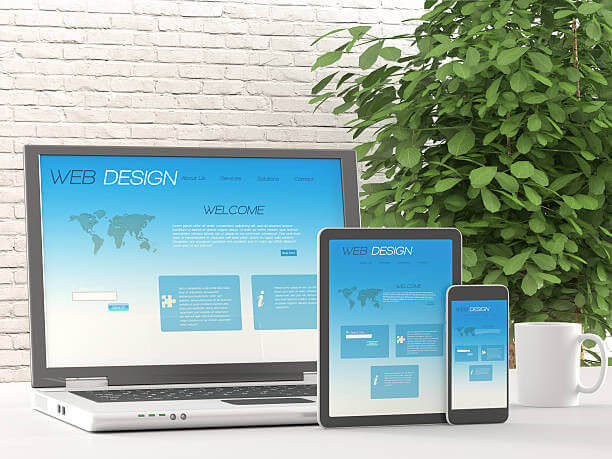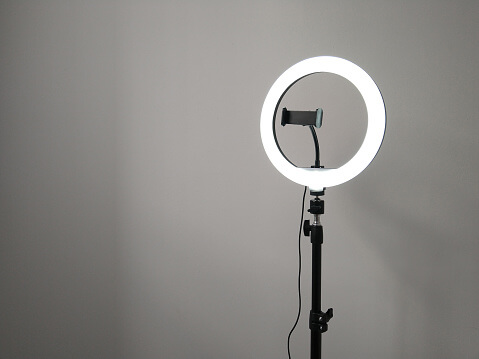Model tax write offs are crucial for reducing taxable income and maximizing deductions. Models, as self-employed individuals, can write off various business expenses such as clothing, travel, and professional services. It's important to keep detailed records of all expenses and consult tax professionals to ensure compliance and optimize deductions. Utilizing tools like Bonsai Tax can simplify the process by organizing receipts and identifying potential write offs, potentially saving models an average of $5,600 annually. Understanding and applying these tax strategies can significantly impact financial outcomes during tax season.
The tax season is getting close, and as a model, it can be very confusing about what you can or cannot get a write-off for. What can be considered a business expense in your line of work?
Can you be considered a regular self-employed person and opt for tax write-offs? Can you deduct the cost of the items or other expenses related to your industry? Read on and find out which parts of your income get a return on tax.
Note: if you are a model that would like to have an app organize all your deductions for you, then try Bonsai Tax. Our software will organize your receipts from your bank/credit card statements, discover potential tax write-offs and maximize your deductions. The majority of users save, on average, $5,600 from their tax bill. Claim your 7-day free trial here.
Do Models Get Taxed?
Yes, models also get taxed. After all, they are providing a service, for which they get paid afterward. The job is within the realms of self-employment, so you will have a tax write to deal with.
Aside from paying regular taxes, models can also claim tax deductions. Similar to every other business, models can also incur business-related expenses that are required for them to perform their job.
How Do I Write Off Modeling Expenses?
If you have expenses that could not be avoided during your modeling career and that were considered necessary, then you may write them off. The condition is that they must be for work in particular and should not be used for personal reasons.
Since you are a professional working for yourself, you might claim your expenses by using the freelancer tax form Schedule SE, Form 1040 with the IRS. This form is used when handing self-employment taxes, so it is also what you need in order to get your tax rights.
What Can a Model Write Off?
As a model, you have various expenses that are considered tax-deductible. Here is what you may usually write off as a model.

Mileage and Travel
As a model, you may feel like you are spending the majority of your time in a vehicle, moving from one place to another. You have castings to attend, bookings to respect, and these may not always be close to where you usually conduct your business.
If you travel a lot for your work as a model, then you should know that these business-related travel expenses are tax-deductible. Make sure that you keep all the receipts for your transportation expenses, whether you are going by personal vehicle or Uber.
If your job takes you out of town and you have to deal with lodging and food expenses, then you may also consider claiming these expenses. Write-offs of this type may be claimed if you had to cover the costs yourself and your client did not cover them.
You can track your deductible miles with our free template.

Clothing/Outfits
Certain jobs may require a certain piece of clothing or a specific type of shoes. When the client provides them, then you don't have to worry about these expenses.
However, if you are required to wear certain pieces that the client does not offer, then you may get tax deductions for the clothing. If this is the case, make sure that you save the email where the piece is requested, and have the receipt on hand.

Phone Costs
As a modeling professional, you'll probably have to spend a lot of your time on your phone, talking to your clients. When talking on your phone is necessary to conduct your business, you may claim the phone expenses from the IRS.

Social Media and Website Costs
If you run a social media campaign or have to keep your website running in order to run your modeling business, then you should know these can also be deemed as tax write-offs.
A variety of things may be tax-deductible here. For instance, let's say you are a social media model influencer. If you have to pay for a photographer to take pictures of you to promote your account, those photos you take are considered to be influencer tax write offs.

Classes
If you have to take on modeling classes, you should know that they fall in the category of industry education expenses - therefore, they are tax-deductible. It's pretty much the same thing as receiving education or going to a business conference in order to train for your job.

Home Office
A home office is a an often missed tax deductible expense. You should know that you can write-off your home office. You can claim the costs of Wi-Fi, insurance, rent, or bills for that particular side of the property, as long as you can prove it is exclusively used for business. There are two methods you can use to claim this tax write-off. The actual expense method and the Simplified method.
The Simplified method has you measure your designated office space you use as your "principal place of business" and "exclusively and regularly". Then you measure your office space and multiply it by the IRS's deduction rate i.e. in 2021, it was $5 a square foot with a maximum of 300 square foot. If you opt for the actual method, you'll need to track your expenses that were specific to your home office (use our free worksheet).
Read here for more information about claiming a home office reimbursement.
Potential Red Flags
The modeling industry may also have a couple of red flags that the IRS may not grant you deductions for. In most cases, it depends on whether the expense is for personal use as well or not. You don't want to receive any penalties if you are audited by the IRS. Here are some things that fall in the grey area and may not get a tax return.
Shoes
Yes, some pieces of shoes can be tax-deductible - but not all of them. As long as your purpose for buying them is related to your industry needs, you may try to claim the money. However, if you cannot prove that you actually need those items, then the IRS will see it as personal purchase.
SPA and Grooming
You may think that getting a facial or a wax is necessary for your job, but these are also done on a regular basis - for personal purposes. You're going to have a hard time getting a tax return for these types of services.
Makeup and Hair Products
Models would probably buy hair and makeup products on a daily basis anyway. It's going to be hard to convince the IRS that you wouldn't have spent that money on hair and makeup if you weren't a model. Under certain circumstances, haircuts are deductible expenses.

Can Models Write Off Plastic Surgery on Taxes?
Plastic surgery can be written off from a model's taxes, but only if it is a medical necessity. For example, if a certain part of your face or body gets injured and your job depends on plastic surgery and your recovery, then you may deduct those expenses.
However, if plastic surgery is not necessary and is not a medical recommendation, it may not be deducted from your taxes. Procedures such as liposuction, facelifts, breast implants, and other surgeries aiming to enhance your appearance cannot be written off for tax.
The Bottom Line
As a modeling professional, you get income - which means you'll have to handle tax fees. Some expenses such as work phones or classes may be claimed, whereas other costs such as makeup products may not. It all depends on whether the services can be used for personal purposes or not.
This article is not meant to provide tax advice. We always recommend you contact a proper tax accountant or CPA for any tax-related tips/ advice on what purchases count as a deduction.






